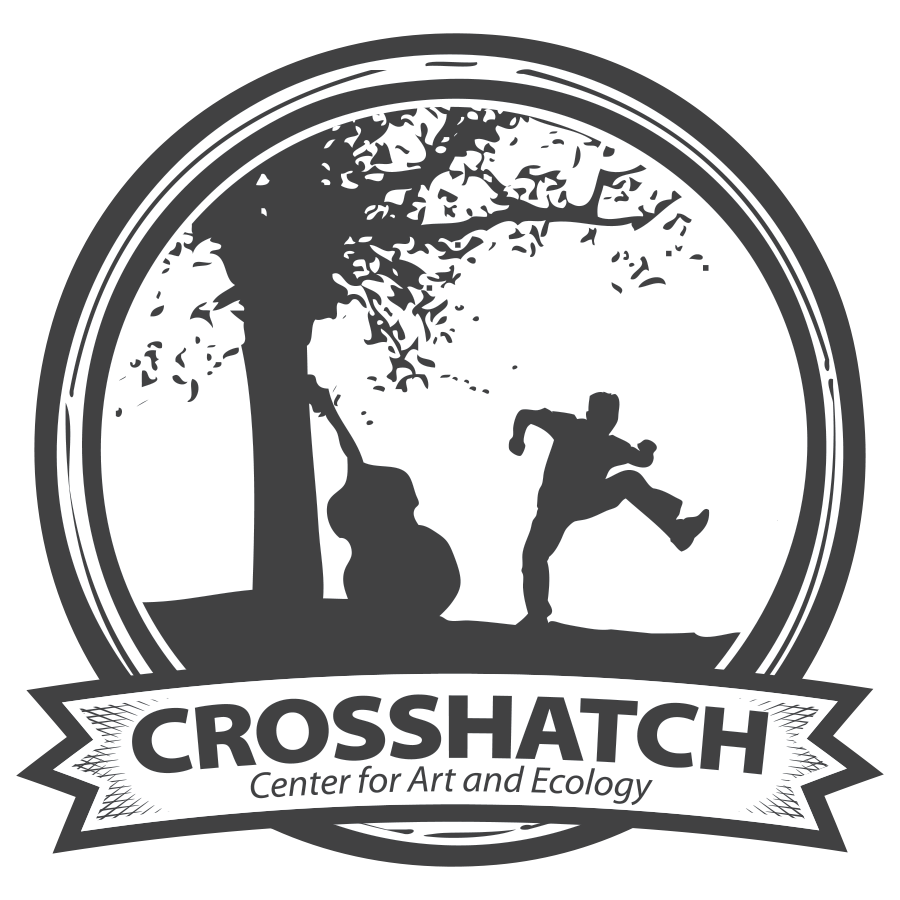As this year’s Long Memory Project: Pride draws closer, Crosshatch is seeking community elders to tell their stories. This is an opportunity for long-time to come together with young artists to take part in an intergenerational art residency that celebrates the human experience — and the stories that we all collect.
Selected elders will come together with five young artists on February 24th at Cedar North (at J2 Farm in Cedar, Michigan). Over dinner and a facilitated discussion, elders will share stories, songs, and conversation about the past—primarily through the lens of actions, issues, campaigns and other forms of work for change throughout Michigan. Participating elders will receive lodging, food, and transportation reimbursement, for their time at Cedar North, plus a $300 stipend.
Over the course of the next week, the artists will create artwork that engages with and passes on the elders’ stories. While artists may choose to pursue their own interpretations of the stories, elders may provide specific requests or guidance during their conversations. The resulting art pieces will be showcased in June at The Alluvion in Traverse City, at a reception which features both artists and elders.
If you have a story you’d like to tell, we invite you to apply below. Any 2SLGBTQ members ages 55+ are encouraged to apply online
Important dates:
February 23 or 24: Travel and arrival to Cedar North, Cedar, Michigan
February 24: Facilitated discussion and dinner at Cedar North
February 25: Depart
June 1 to June 30: Visual arts exhibition at The Alluvion, Traverse City, Michigan
June 15: Performance and visual arts reception at The Alluvion
Meals, mileage and stipends:
All meals while at Cedar North are included.
Mileage is reimbursed at the federal rate (currently ¢65.5 per mile) for travel to/from Cedar North and the performance/exhibition.
Lodging is available at or near Cedar North on February 23 and/or 24.
One night lodging and dinner is provided for the performance/exhibition if needed.
A stipend of $300 is provided for your participation.
About the Long Memory Project:
“These old songs. These old stories. Why tell them? What do they mean? If I wanted a true history of where I came from, as a member of the working class, I had to go to my elders. They led those extraordinary lives that can never be lived again. And in the living of them they gave me a history that is more profound, more beautiful, more powerful, more passionate and ultimately more useful than the best damn history book I ever read. And as I’ve said before the long memory is the most radical idea in America.” —Bruce “Utah” Phillips (1935 to 2008)
The Long Memory Project’s mission is to cultivate the retelling of our community’s stories. Not just the great ones that made the headlines and history books, but the small acts of courage, action, good governance, and community building—the songs, poems and stories that help us understand where we came from, who we are, and what we envision and hope for our future—both regionally and beyond.
This project is a partnership between Crosshatch, whose mission is to build strong communities through the intersections of art, farming, ecology and economy; Up North Pride, whose mission is to foster inclusive spaces by providing education and resources, inspiring activism and advocacy, and producing community-focused 2SLGBTQIA+ programs and events; MiGen, who provides services, advocacy, fun, and connection to LGBTQ+ folks ages 45+; musician Blake Elliot; and Heather Spooner, artist and founder of Ampersand Lettering Lab.
The Long Memory Project is at its core a pop-up artist residency program. A curated group of five young artists, who are interested in the social and political history of the LGBTQ+ rights movement, will gather for a week at Cedar North at J2 Farm in Cedar, Michigan. At an extended opening dinner, they commit to listen as their elders share their stories. This is the essential moment: Young, socially aware artists engaging with the activists of years past. Community elders, seated in a place of honor, will be able to share the important and powerful stories of their work. Stories of the fight for social equality will be shared and absorbed.
That’s the power of listening. What comes next is the power of the residency. The artists will have one week in residence to let the tales sink in, grab hold, and find a new voice for being shared in a modern way. Artists may choose to pursue their own interpretations of the stories, or they may receive specific requests from a community elder. Perhaps, for example, there is a story that one of the elders has been wanting to hear in song form. The artists can work in solitude or in collaboration. The main rule is that there are no rules; the artists should aim only to continue the tradition of storytelling and utilize the power of listening.
Because this movement is deeply personal and may bring up past trauma, a therapist will be an integral part of the facilitation process and will be on call throughout the project as needed.
These young artists commit to a performance/exhibition to share their original work at an event at The Alluvion in Traverse City. The community elders will be recognized at the event as well—be that recognition at the performance, hearing some of them speak, or some other form of involvement, to be determined.
This project is made possible by a grant from the Michigan Arts and Culture Council.

